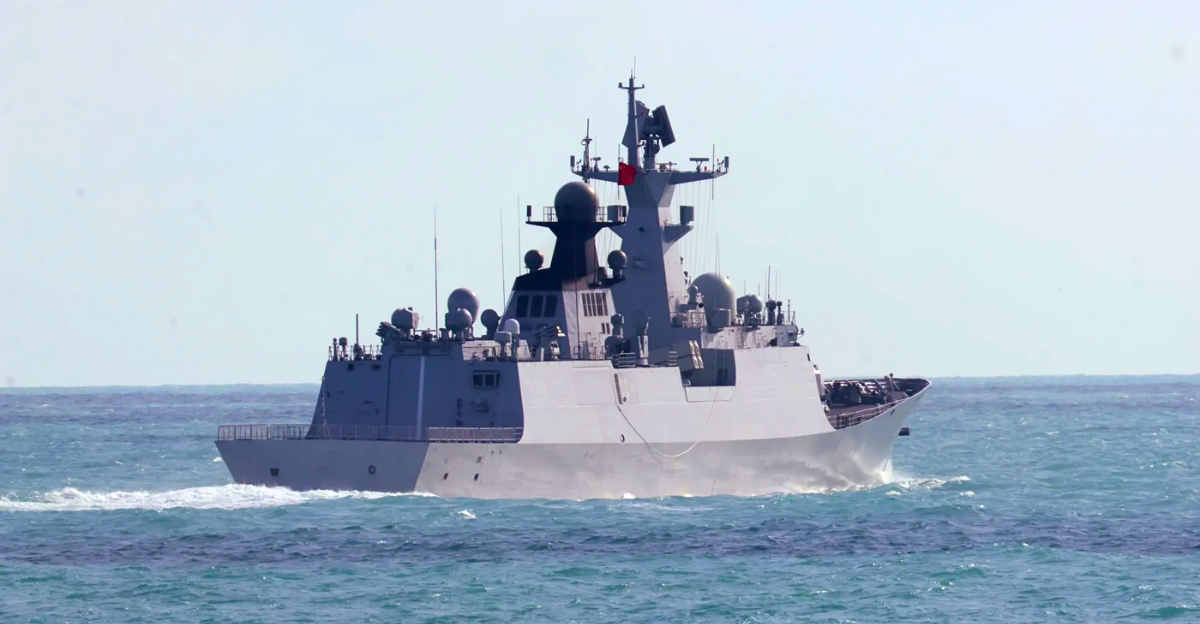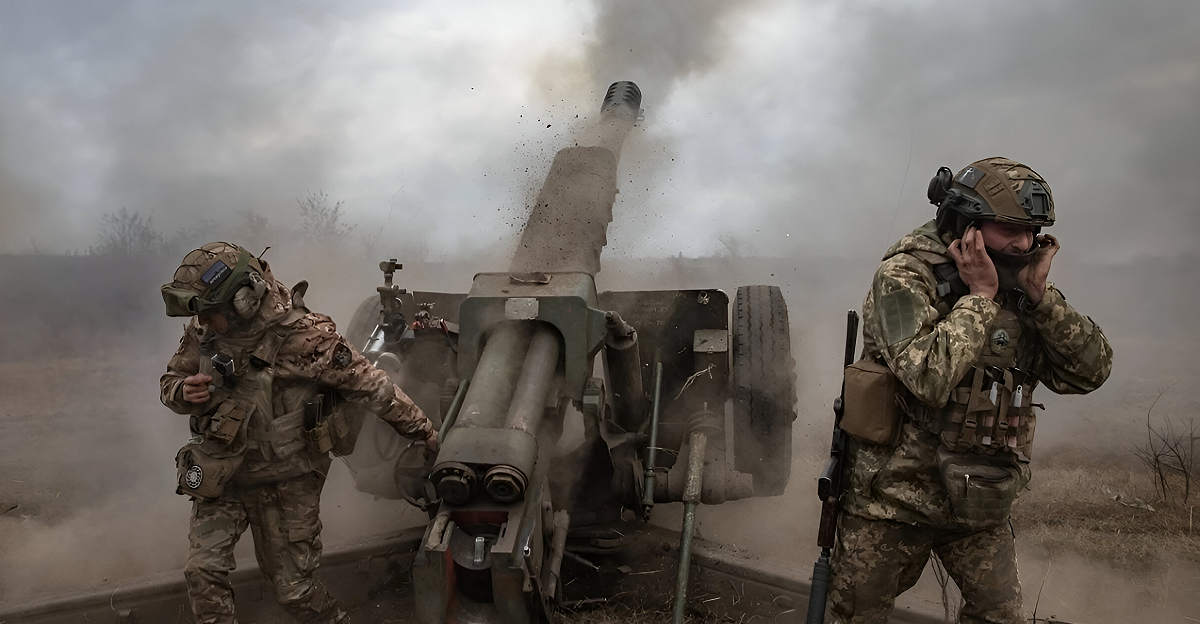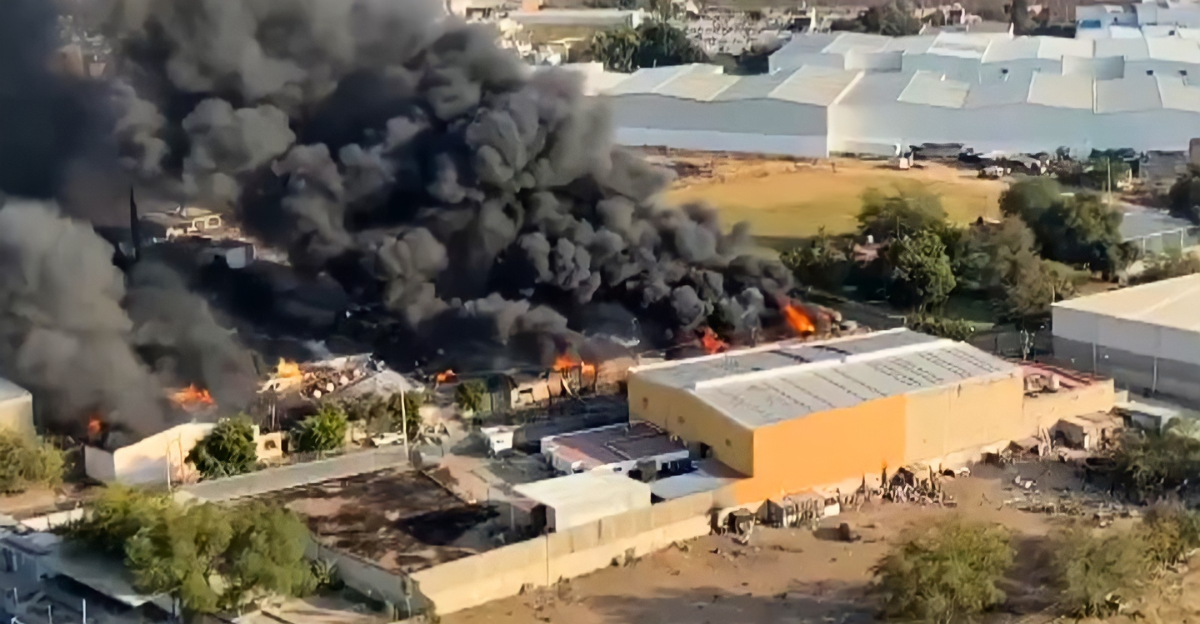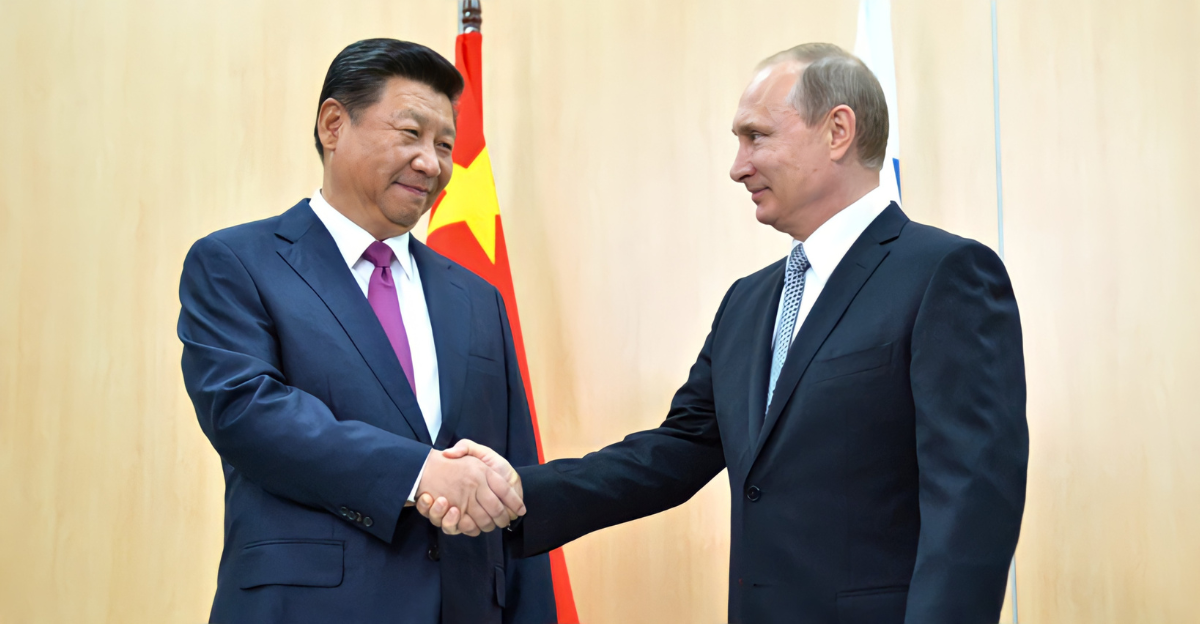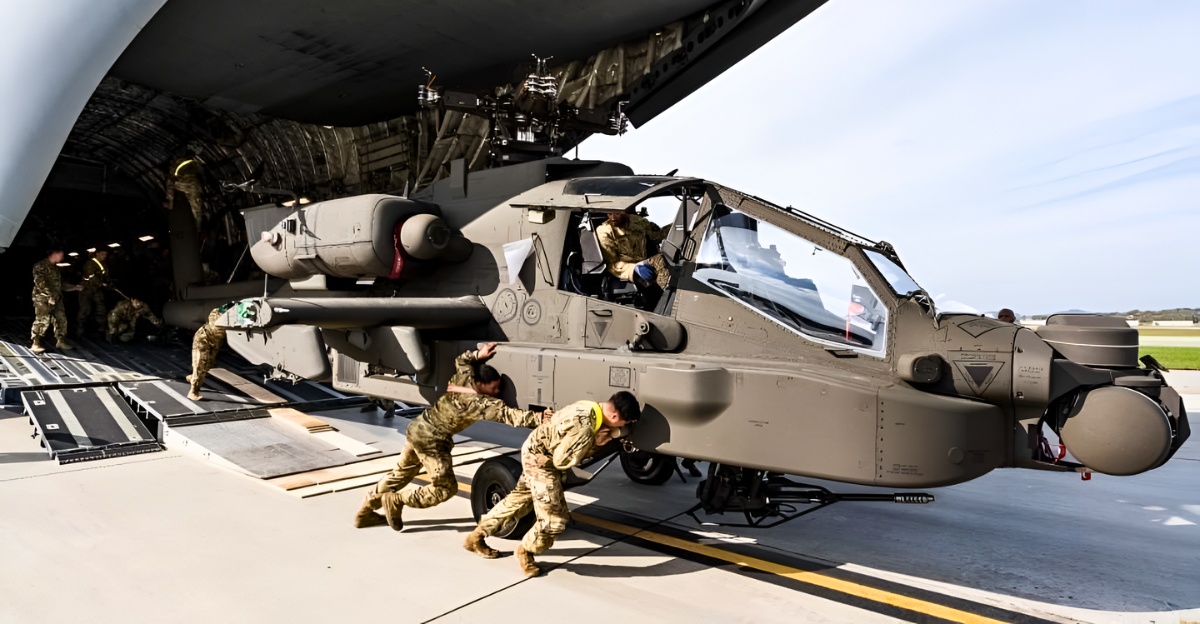
South Korea just did something that could decide the fate of its army — and possibly affect other countries worldwide. It just cancelled a massive defense contract with the U.S. worth billions of dollars.
Rather than doubling down on one of the world’s most advanced attack helicopters, Korea is investing in a different kind of technology altogether. Why did it do this, and what does it mean for war in an era of modernity?
A Big Deal on the Table
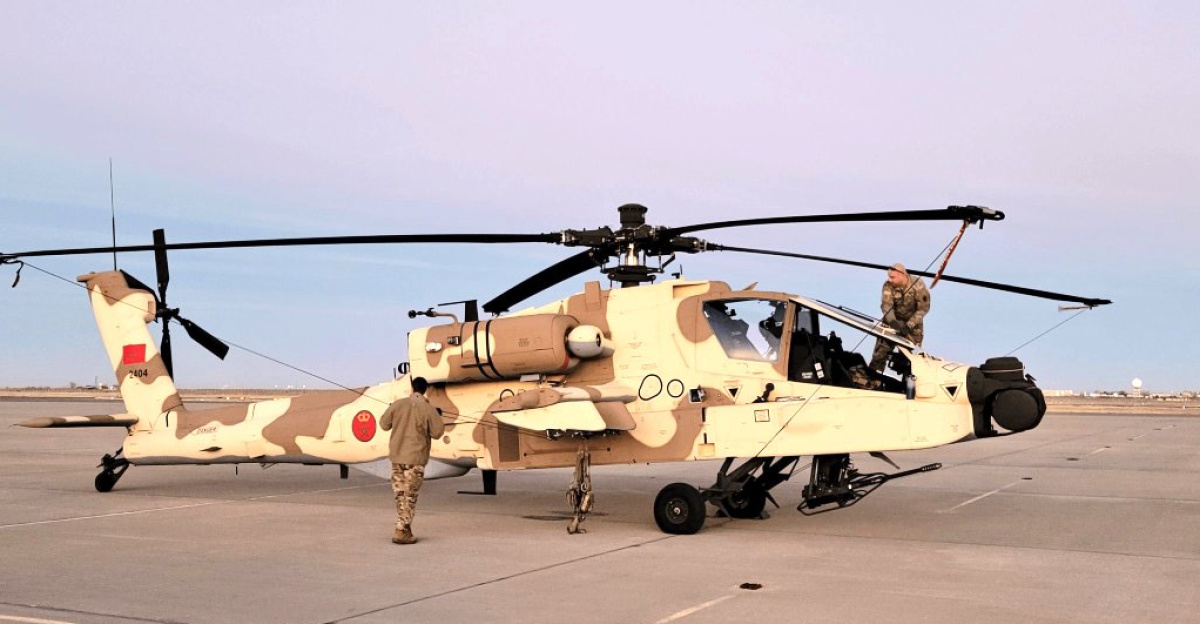
South Korea intended to buy 36 more AH-64E Apache helicopters from the United States. The second-phase acquisition, which included maintenance, weapons, and support packages, was worth about $3.5 billion.
The Apache helicopter is famous for its heavy-hitting attack power and is used by most of the world’s militaries. Enhancing Korea’s defense capability was a no-brainer.
Why the Apache?
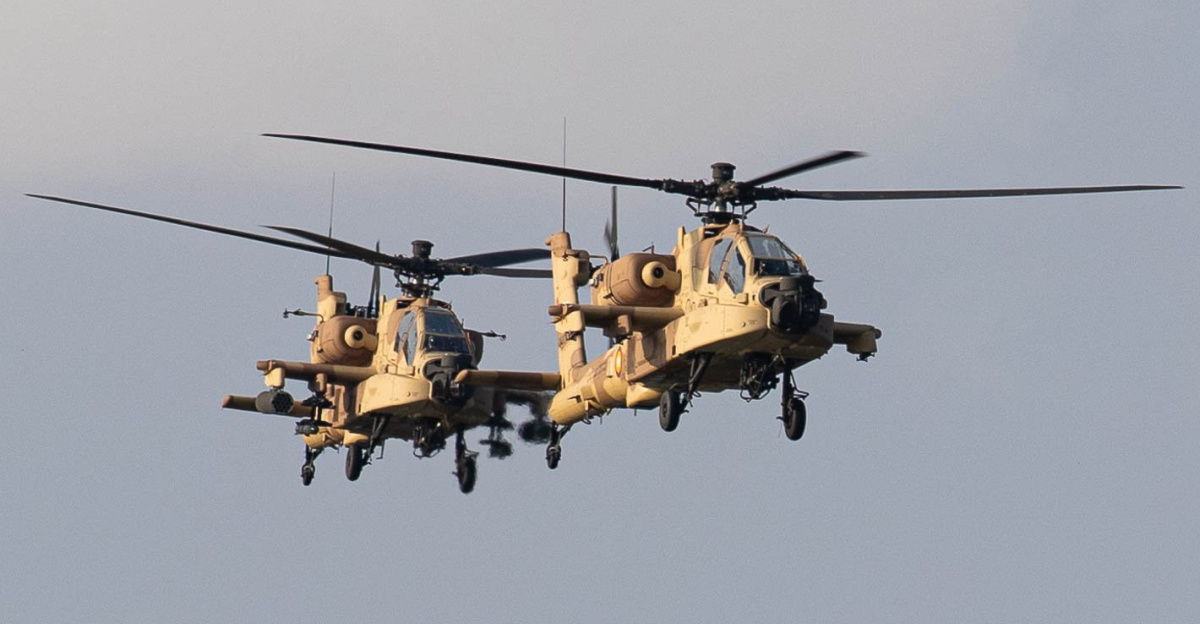
The Apache is a trusted brand. It’s fast, well-armed, and combat-tested in conflict. South Korea currently operates a fleet of Apaches and initially aimed to purchase additional ones by 2028.
The move was consistent with its traditional offensive doctrines and would enhance its capacity to react quickly and forcefully against regional threats.
A Sudden Turn
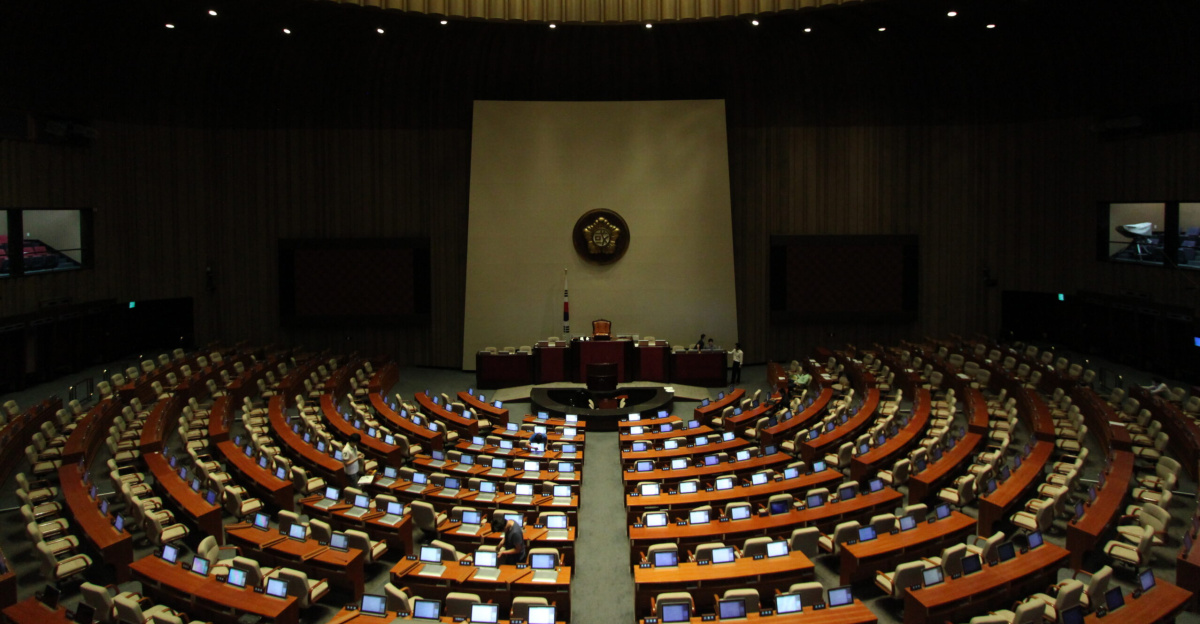
In July 2025, South Korea’s National Assembly passed a supplemental budget that subtly redirected priorities. Nearly all of the funds earmarked for the Apache expansion were eliminated.
Of the 100 billion won initially budgeted, 97 billion won was cut, leaving only a small amount to be spent elsewhere. This budget move effectively killed the Apache project, surprising most analysts and defense experts.
Why the Change
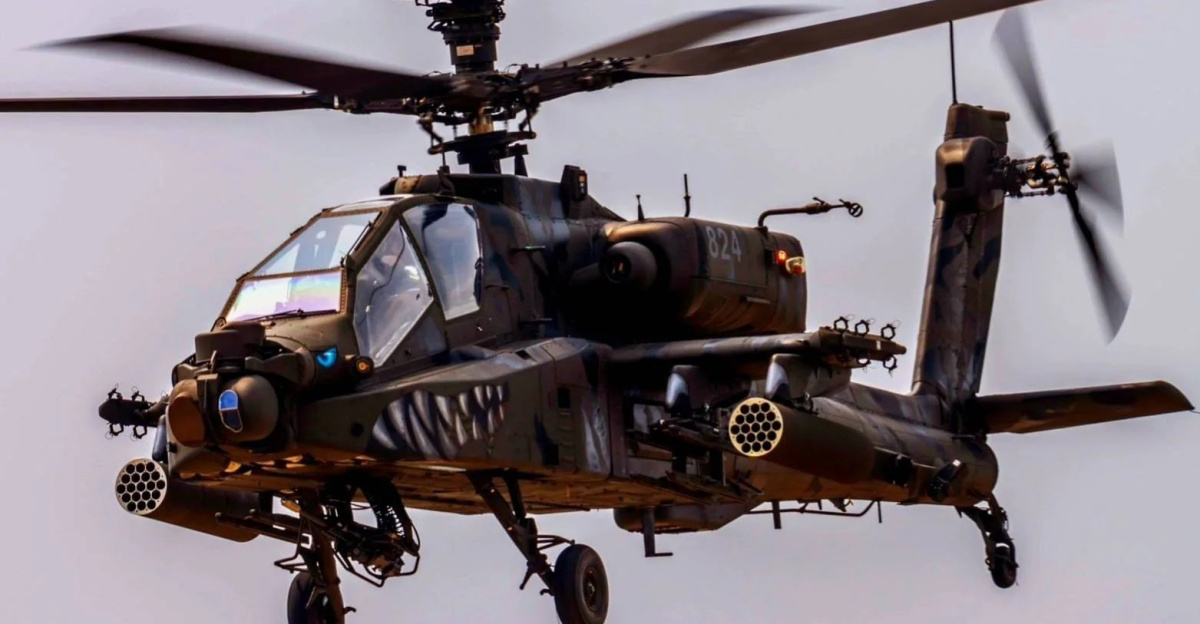
One of the main reasons was economics. The cost of the AH-64Es had increased by approximately 66% since Korea initially ordered them a decade ago.
Increasing maintenance costs and overall budget concerns rendered the helicopters less viable. Decision-makers wondered if investing so heavily in one platform that might not be useful on future battlefields was a valuable pursuit.
Lessons from Ukraine
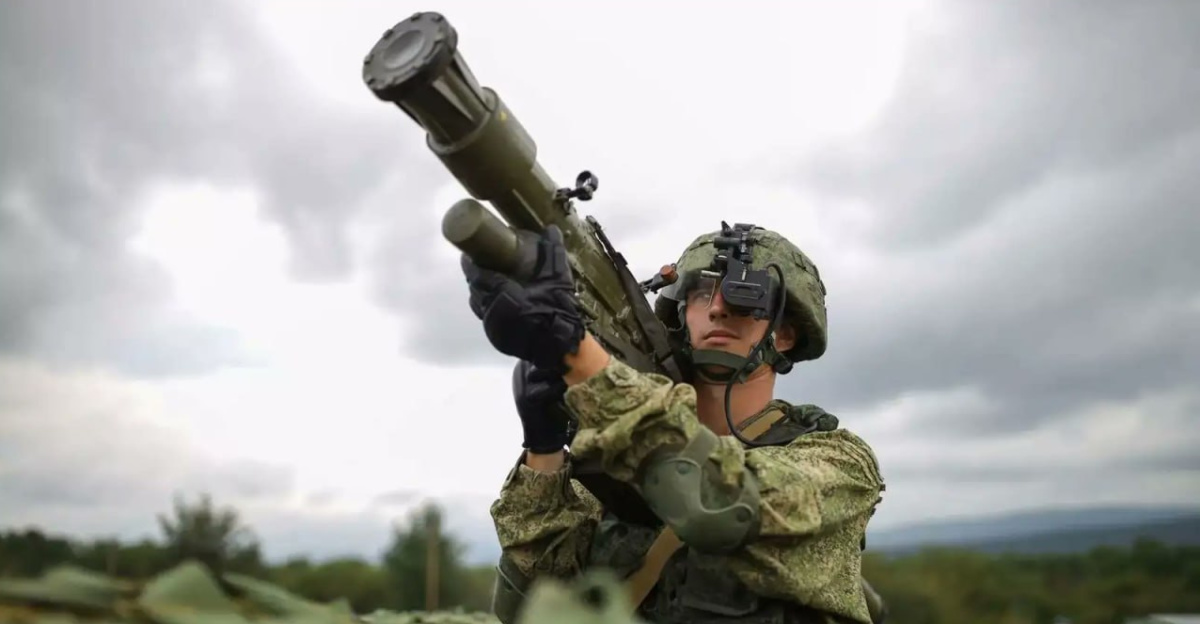
The other large contributor was the events in Ukraine. Even the latest attack helicopters have become powerless against inexpensive, portable missile systems and drones.
Observing these battlefield losses intently, Korean politicians understood that even world-class helicopters are not immune to emerging threats. This spurred more talk of shifting away from typical heavy air platforms.
Increasing Drone Influence
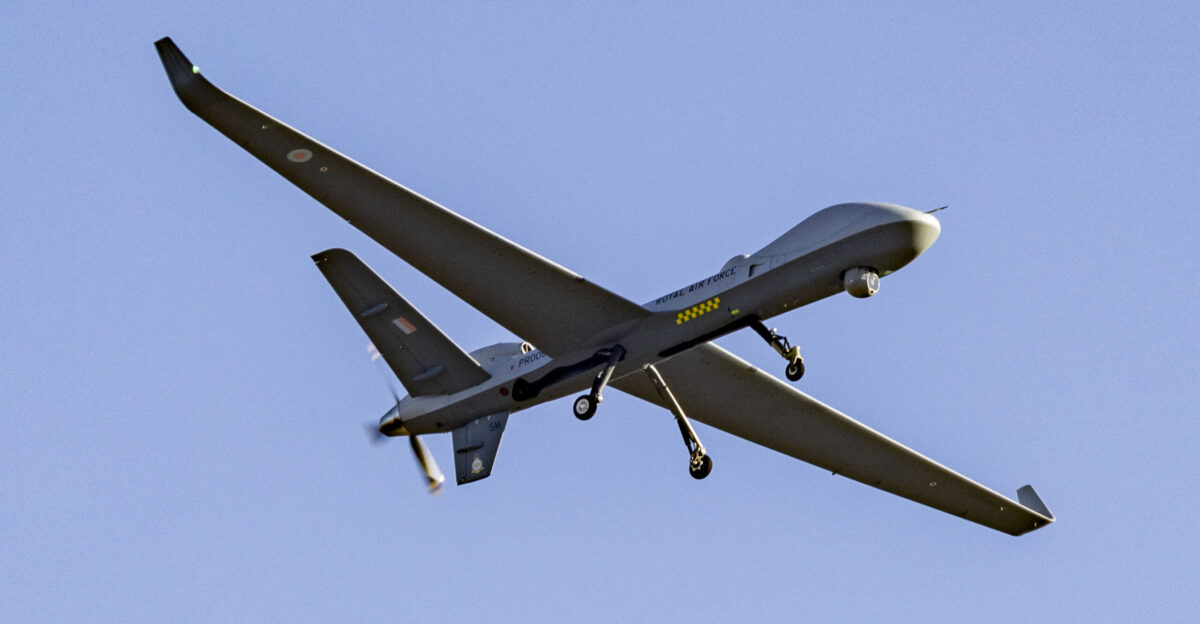
Unmanned systems are transforming modern warfare. Low cost, low weight, and highly adaptable, drones can strike targets without risking pilots’ lives.
Korea saw the need to develop more powerful unmanned drone and autonomous system technologies as a substitute for expensive helicopter missions.
This reflects a larger global movement toward unmanned and AI-powered warfare technology that offers competing tactical advantages.
Political Voices Speak Up
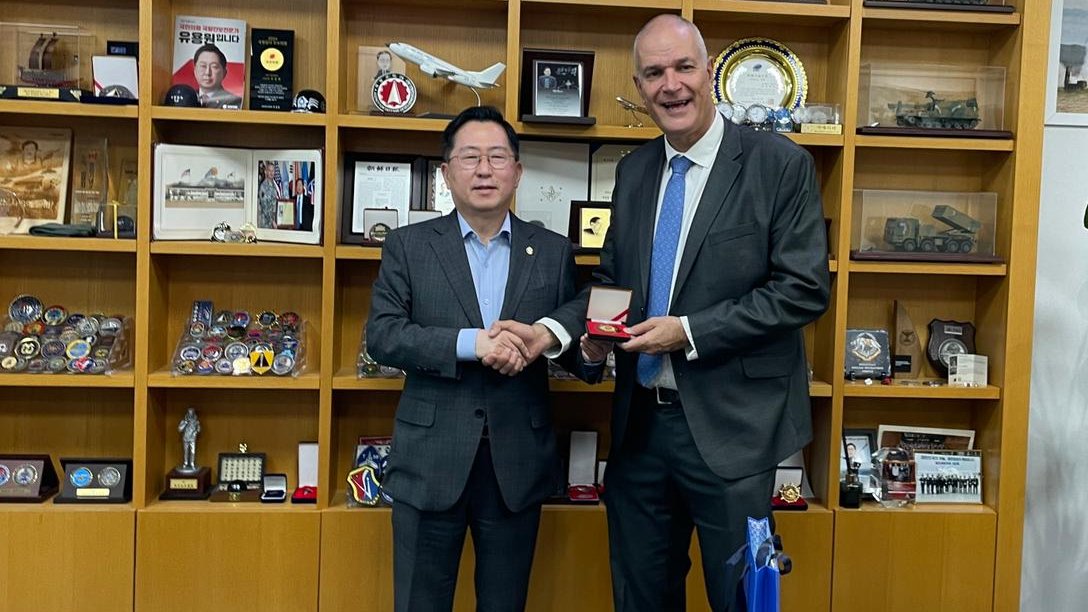
People Power Party Rep Yu Yong-weon also publicly endorsed the change. Yu emphasized the fragility of helicopters and the need change solutions.
Yu described the Apache reconsideration as the correct decision, stating investment in “drones and other cutting-edge systems” was necessary to adapt to evolving battlefield conditions and developments globally.
What Happened to the Budget
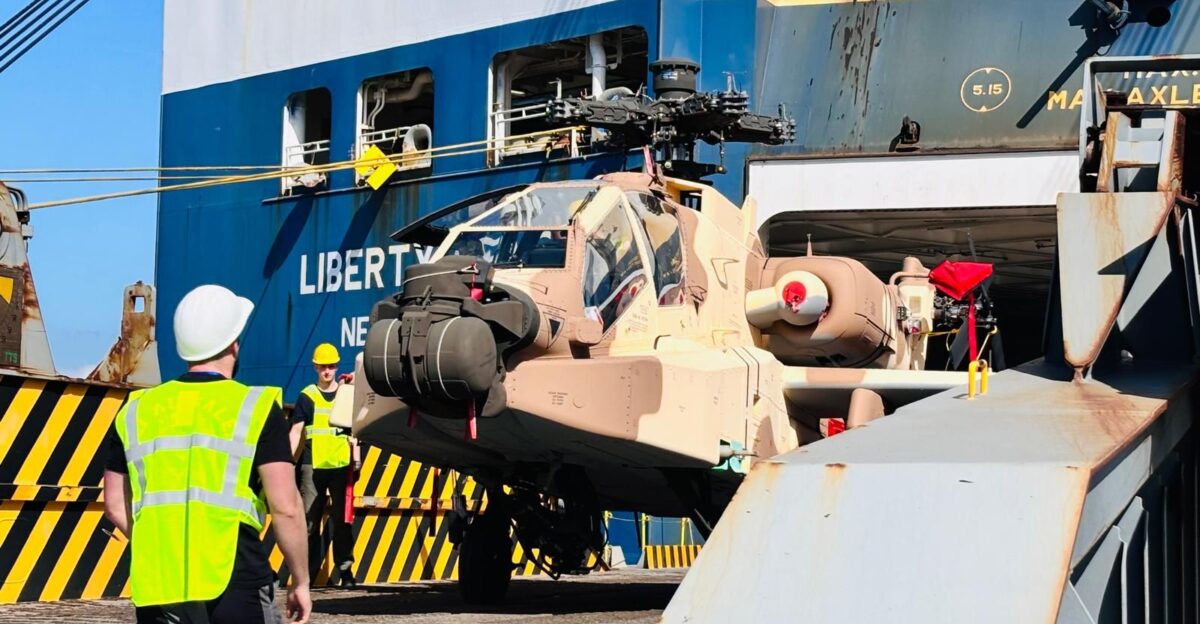
A large portion of the initial Apache budget was redirected. Instead of spending money on heavy attack helicopters, money is being reserved for unmanned systems, AI research, and other advanced defense initiatives.
By diversifying away from classic air power, Korea hopes to better secure its long-term security and technological autonomy.
Regional Security Implications
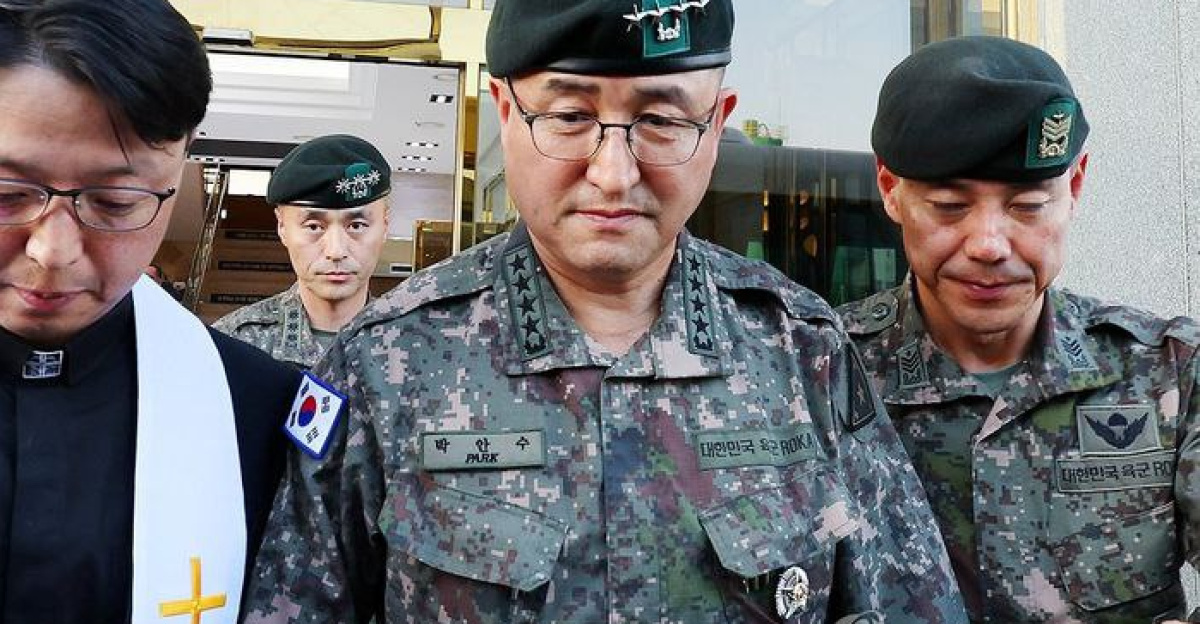
South Korea’s choice is not just about hardware. It indicates a strategic reconsideration of defense against threats in East Asia, particularly against North Korean tension and regional military reorientations.
By betting on unmanned technology, Korea potentially could impact defense policy in neighboring countries and disrupt established U.S. defense export trends.
Abroad Reactions
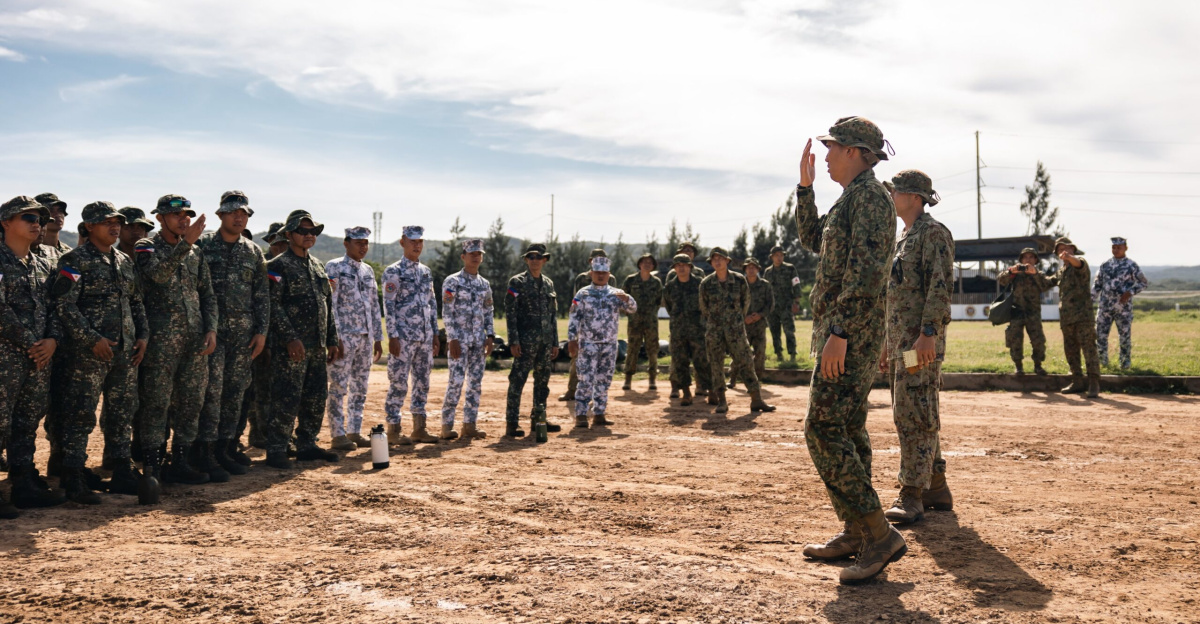
While the U.S. had hoped to finalize the Apache sale, officials understand the reasons behind Korea’s decision.
Similar discussions are taking place in Japan, Australia, and Europe, where militaries are weighing the future role of manned attack helicopters in threat-laden environments.
Cost vs. Capability
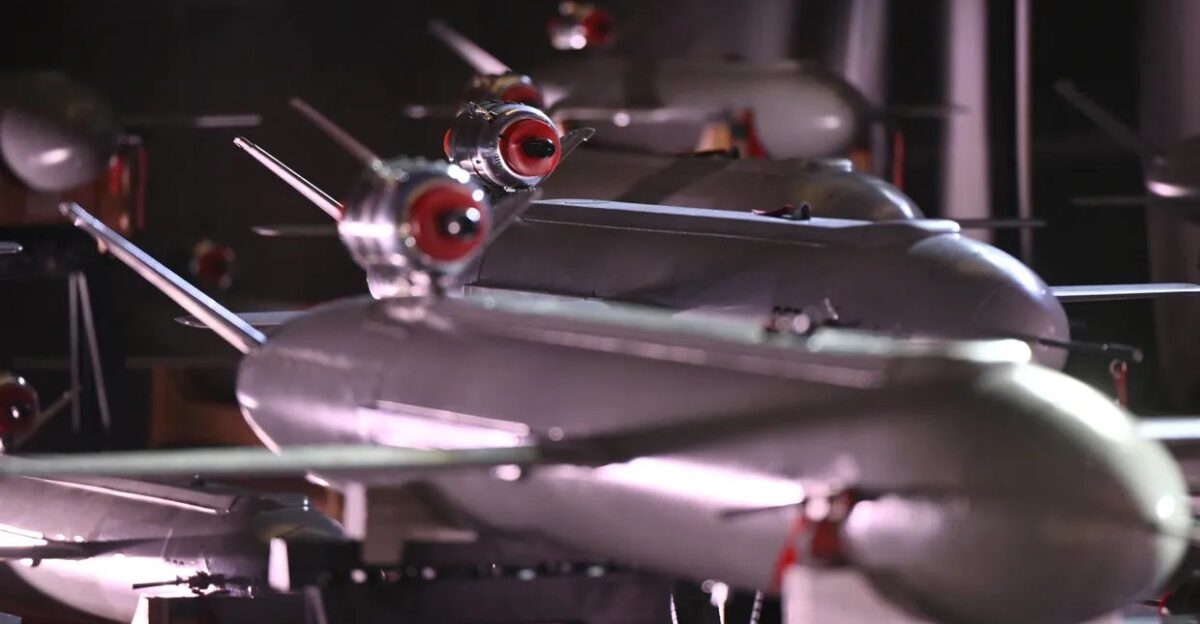
The Apache still remains one of the finest attack helicopters. But with high prices and increasing exposure, it is difficult to sell today.
Korea considered whether helicopters like these were worth their cost, particularly as a substitute for investing in more general-purpose, scalable, and lower-risk drone programs. Drones took the prize.
A Possible Trendsetter
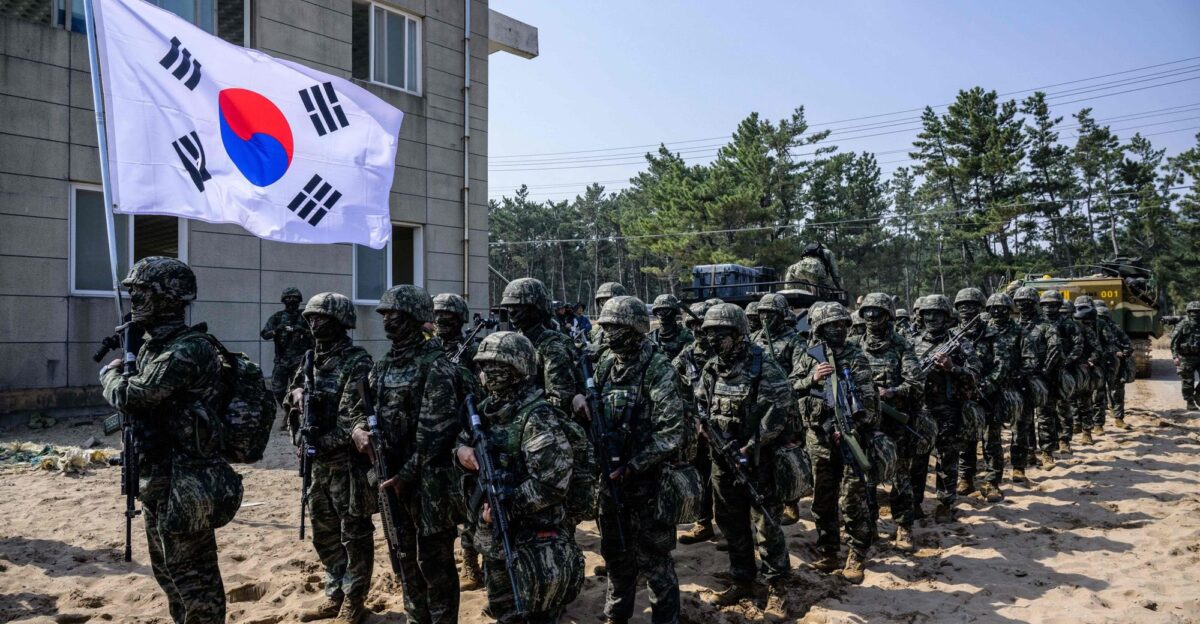
By leaving the $3.5 billion contract on the table, Korea could create a new norm for military planning. Other countries could follow suit by choosing drones and AI systems over heavy traditional platforms. This could change how defense industries run and how nations spend their future military budgets.
Looking Ahead
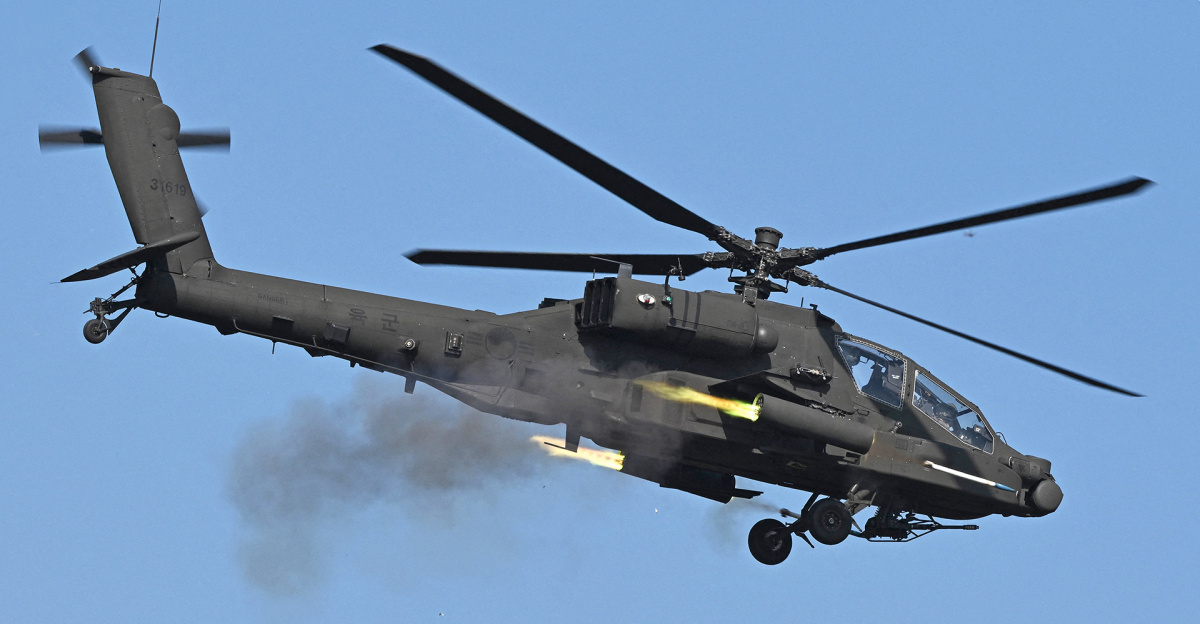
Korea’s decision to cancel the Apache sale and invest in unmanned and AI technology instead is a departure from past military norms but also shows a commitment to pivoting quickly to meet new challenges and opportunities. The next few years will reveal whether this bet pays off and whether others follow Korea’s example.


